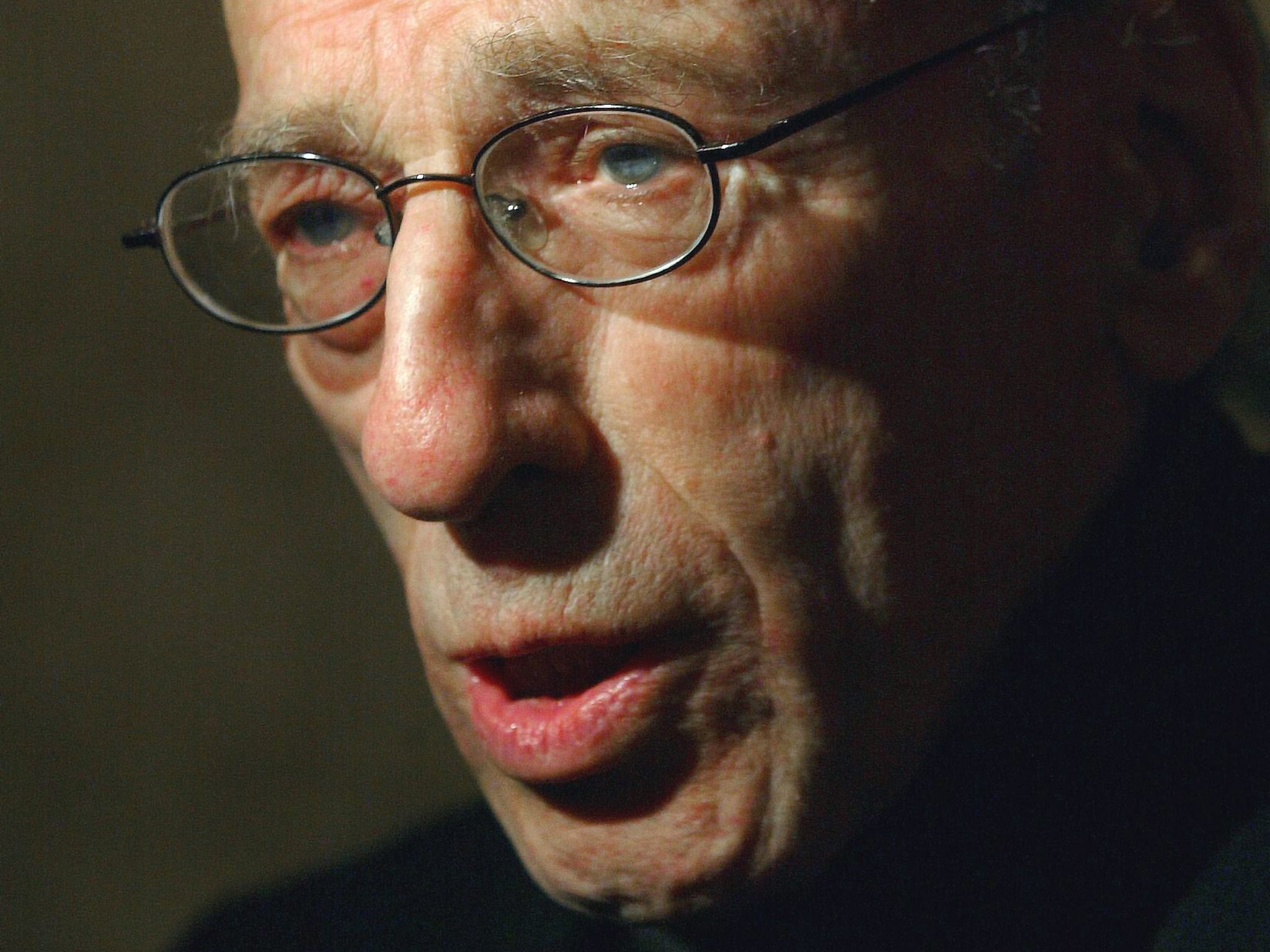Frederic Morton: Writer who fled from the Nazis and for whom the refugee experience was central to much of his work

Your support helps us to tell the story
From reproductive rights to climate change to Big Tech, The Independent is on the ground when the story is developing. Whether it's investigating the financials of Elon Musk's pro-Trump PAC or producing our latest documentary, 'The A Word', which shines a light on the American women fighting for reproductive rights, we know how important it is to parse out the facts from the messaging.
At such a critical moment in US history, we need reporters on the ground. Your donation allows us to keep sending journalists to speak to both sides of the story.
The Independent is trusted by Americans across the entire political spectrum. And unlike many other quality news outlets, we choose not to lock Americans out of our reporting and analysis with paywalls. We believe quality journalism should be available to everyone, paid for by those who can afford it.
Your support makes all the difference.Frederic Morton became an internationally renowned author in part thanks to books on the Austrian homeland he was forced to flee because of the Holocaust.
Among his 12 books were The Rothschilds and A Nervous Splendour. The former was made into a Tony Award-winning musical, while A Nervous Splendour, an account of the years 1888 to 1889 in Vienna, focused on the principal Austrian personalities and events of that year, including the birth of Adolf Hitler, whose rise had led to Morton’s self-exile 40 years later.
Decades later, Morton would describe his uprooting in the late 1930s as the common theme running through all of his works, and not only those dealing with the land of his birth. “Everything I write has something to do with the loss of my homeland, directly or indirectly,” he recalled. He dealt with the refugee experience in such novels as The Darkness Below (1949), The Witching Ship (1960), The Schatten Affair (1965) and An Unknown Woman (1976).
Born Fritz Mandelbaum in 1924, Morton grew up as the son of a well-to-do Jewish family of industrialists who fled first to London a year after Hitler’s annexation of Austria in 1938 and then to New York. His interest in writing grew while he was studying literature at Columbia University and attending classes at the New School for Social Research.
He began writing short stories and publishing in magazines in 1947, making his breakthrough with his biography of the Rothschilds in 1962. His work was later anthologised in The Best American Short Stories (1965), and The Best American Essays (2003).
Morton began visiting the city of his birth even before Austria slowly began coming to terms with its Nazi past in the 1980s. Among other distinctions, he was awarded Vienna’s Golden Medal of Honour in 1986 and the Austrian Cross of Honour for Science and Art in 2003.
The Austrian Chancellor Werner Faymann praised Morton as “an incomparable author and a great human being who ... forgave Austria and was able to build a new relationship to his old homeland.”
Morton died in his Vienna hotel room overnight on the eve of a public reading of some of his works. The event became a memorial for him.
Fritz Mandelbaum (Frederic Morton), author: born Vienna 5 October 1924; died Vienna 20 April 2015.
Join our commenting forum
Join thought-provoking conversations, follow other Independent readers and see their replies
Comments